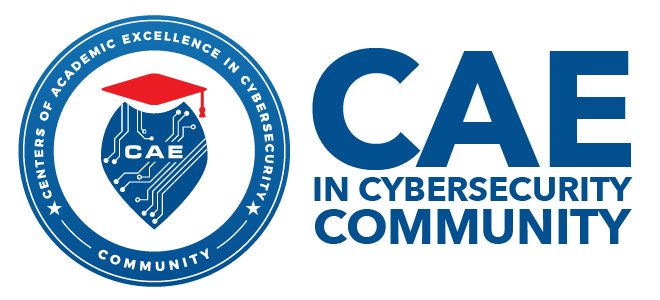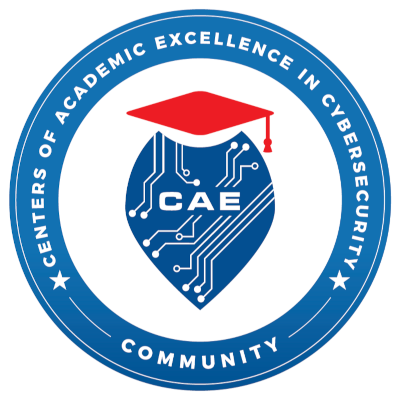ChatGPT - Using an AI-based Conversational Model in a Traditional Programming Course
Traditional programming courses have relied on students learning coding syntax from examples and other textbook sources. As students learn to write code, they become proficient in the syntax, logic, debugging and documenting their code. ChatGPT is a revolutionary method that allows students to generate new code, fix bugs and errors and assist in the writing and learning of programming languages and computational concepts.

